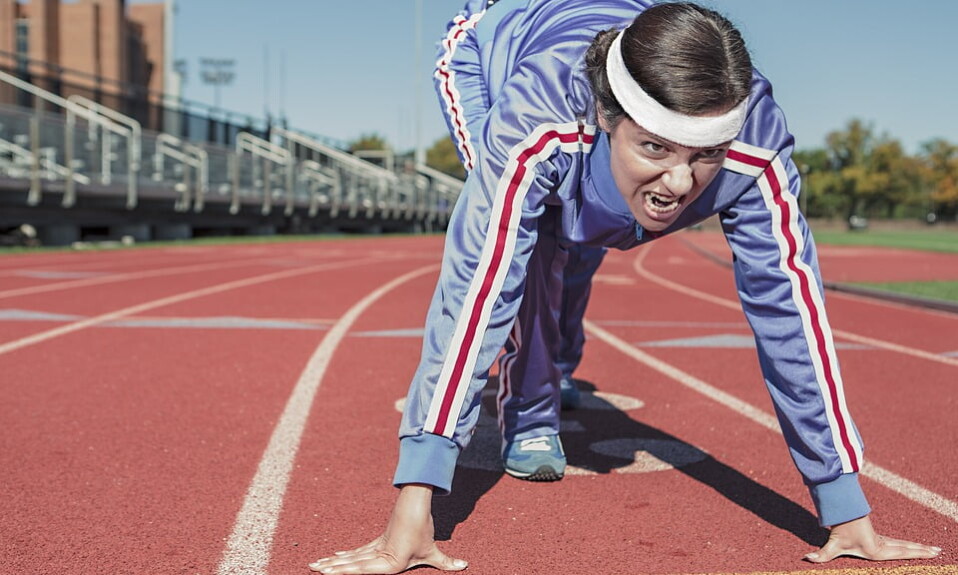Skateboarding is not only a thrilling recreational activity but also an excellent way to stay fit and healthy. In this article, we will explore the various physical benefits that skateboarding can provide, from improving balance and coordination to building strength and endurance. Whether you are a seasoned skater or a beginner looking to get into the sport, you’ll be surprised to learn just how beneficial skateboarding can be for your overall fitness.
How does skateboarding improve balance and coordination?
Skateboarding requires a great deal of balance and coordination to stay upright and execute tricks. Whether you’re cruising down the street or attempting to land a kickflip, every movement on a skateboard demands a high level of control over your body. As a result, regular skateboarding practice can significantly enhance your balance and coordination skills. This improvement in balance and coordination can have a positive impact on other aspects of your life, such as reducing the risk of injury from falls and enhancing your performance in other physical activities.
What muscles are worked when skateboarding?
Skateboarding engages a wide range of muscles throughout the body, making it an effective full-body workout. The lower body muscles, including the quadriceps, hamstrings, and calves, are heavily utilized when pushing off the ground and maintaining balance on the skateboard. Additionally, the core muscles are constantly engaged to stabilize the body and maintain proper posture while riding. The upper body also gets a workout, especially when performing tricks that require arm movements and coordination. Regular skateboarding can help build strength in these muscle groups, leading to improved overall physical fitness.
Can skateboarding help improve cardiovascular fitness?
While skateboarding may not seem as intense as traditional cardiovascular exercises like running or cycling, it can still provide significant benefits for cardiovascular fitness. The continuous motion of pushing and gliding on a skateboard can elevate the heart rate, leading to improved cardiovascular endurance over time. Additionally, performing high-intensity tricks and maneuvers can further challenge the cardiovascular system, contributing to overall improved heart health. With consistent skateboarding practice, individuals can experience enhanced stamina and endurance, making it a great option for cardiovascular exercise.
How does skateboarding benefit mental health?
Besides the physical benefits, skateboarding can also have positive effects on mental health. The focus and concentration required to perform tricks and maneuvers on a skateboard can act as a form of mindfulness, allowing individuals to clear their minds and alleviate stress. Furthermore, the sense of accomplishment and mastery that comes with improving skateboarding skills can significantly boost confidence and self-esteem. Whether practicing alone or with friends, skateboarding can provide a sense of community and belonging, leading to improved overall mental well-being.
What safety precautions should be taken when skateboarding?
While skateboarding is a fun and effective way to stay fit, it is essential to prioritize safety when participating in the sport. Wearing appropriate protective gear, such as a helmet, knee pads, and elbow pads, is crucial to minimize the risk of injury. Additionally, choosing smooth and level surfaces for skateboarding can help reduce the likelihood of accidents. Practicing and mastering basic skills before attempting advanced tricks is also important in preventing unnecessary falls and injuries. By prioritizing safety, individuals can fully enjoy the physical and mental benefits of skateboarding while minimizing the risks.
Conclusion
Skateboarding offers a unique and enjoyable way to improve balance, coordination, strength, endurance, and overall fitness. With its wide-ranging physical and mental benefits, skateboarding is not only a recreational activity but also a valuable form of exercise. Whether you are looking to get in shape or simply have fun, getting on board with skateboarding can be an incredibly rewarding experience.
FAQs
Is skateboarding only for younger individuals?
No, skateboarding is a versatile activity suitable for individuals of various ages. Whether you are a child, teenager, young adult, or even an older individual, skateboarding can be enjoyed by anyone willing to learn and practice. With the right safety precautions and guidance, individuals of all ages can benefit from skateboarding as a form of exercise and recreation.
Do I need to have prior experience in skateboarding to get started?
No, you do not need prior experience to start skateboarding. The sport can be learned and mastered at any age, with many beginner-friendly resources, such as skateboarding classes and tutorials, available to help new enthusiasts get started. As with any physical activity, it is important to start slowly, learn the basics, and gradually progress to more advanced techniques to avoid injury and enjoy the experience fully.
Can I get fit through skateboarding alone, without other forms of exercise?
While skateboarding can contribute to overall physical fitness, it is beneficial to incorporate a well-rounded exercise routine that includes strength training, flexibility, and cardiovascular activities. By combining skateboarding with other forms of exercise, individuals can achieve a more balanced and comprehensive approach to fitness, leading to improved overall health and well-being.
Are there specific skateboard designs or setups that work best for fitness purposes?
Skateboard designs and setups can vary based on individual preferences and intended use. When aiming to prioritize fitness, individuals may consider cruiser boards or longboards that provide a more stable and comfortable platform for longer rides. Additionally, choosing larger, softer wheels can offer a smoother and more forgiving ride, reducing the impact on joints and muscles during prolonged skateboarding sessions.
Is skateboarding a suitable exercise for individuals with physical limitations or disabilities?
Skateboarding can be adapted to accommodate individuals with certain physical limitations or disabilities, allowing them to experience the benefits of the sport. Modified skateboarding setups, such as skateboard with handrails or additional stability support, can be utilized to provide a safe and enjoyable skateboarding experience. It is important to consult with a healthcare provider or professional instructor to determine the most suitable approach and ensure safety when engaging in skateboarding with physical limitations.





